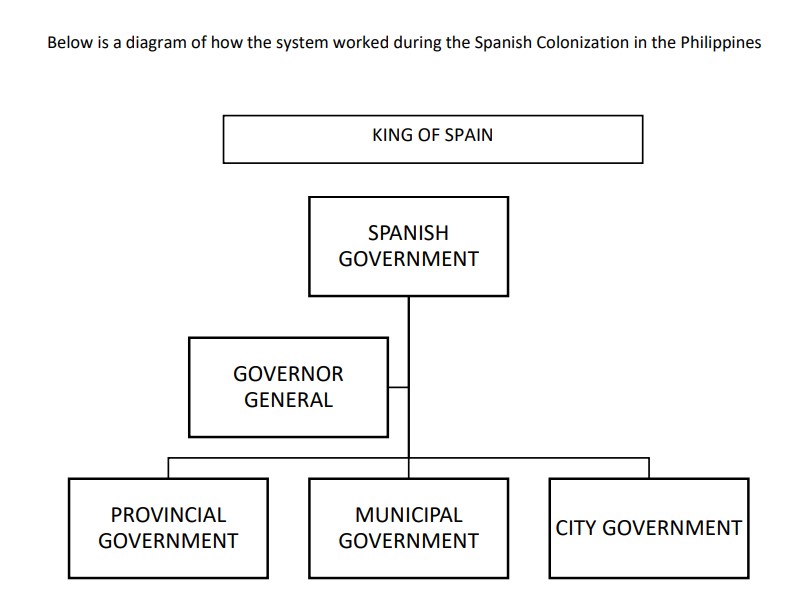Spanish Rule in the Philippines
Summary:
This Spanish Rule in the Philippines note explains that Spanish colonization in the Philippines lasted for 333 years, from 1565 to 1898, and had a profound influence on Filipino culture. The government during this period was composed of two branches, the executive and judicial, with laws coming from Spain and implemented by the Governor General. The national government was made up of Spanish officials appointed by the king, while the local government was led by either an Alcalde Mayor or a Corregidor. The Encomienda system was also established, giving authority over particular lands to Spanish individuals or institutions called Encomienderos, who were tasked with collecting taxes and caring for their people, but often abused their power.
Excerpt:
Spanish Rule in the Philippines
The Government During Spanish Colonization
The Spanish colonization in the Philippines started when Ferdinand Magellan, an explorer, came to the
islands in 1521 and claimed it as a colony for the Spaniards. The Spaniards reigned over the Philippines for 333
years from 1565 to 1898, which is why up to this date, their culture is deeply rooted in the Philippines.
1. Identify the form or type of government which was established by Spanish Colonizers?
Back then, the government was composed of two branches, the executive and judicial, almost similar to
the current government system we have except for the legislative, mainly because the laws were coming
from Spain and was ordered by the Governor General. Since Spain was too far, the Spanish government
ruled the island through the viceroy of Mexico, which was another Spanish Colony. The Governor General,
which was appointed by the king of Spain himself, is a Spaniard born in Spain. He is the highest-ranking
official by then and is responsible for implementing laws from Spain.
The Governor General
➢ The King’s representative and highest-ranking officials in the Philippines
➢ Decrees and laws coming from Spain were implemented in the Philippines
➢ Has the power to appoint and remove public officials, except those who are personally chosen or appointed by the King himself
➢ Manages all government offices and the collection of taxes
➢ Implemented certain legislative powers
➢ Issued proclamations to facilitate the implementation of laws


Reviews